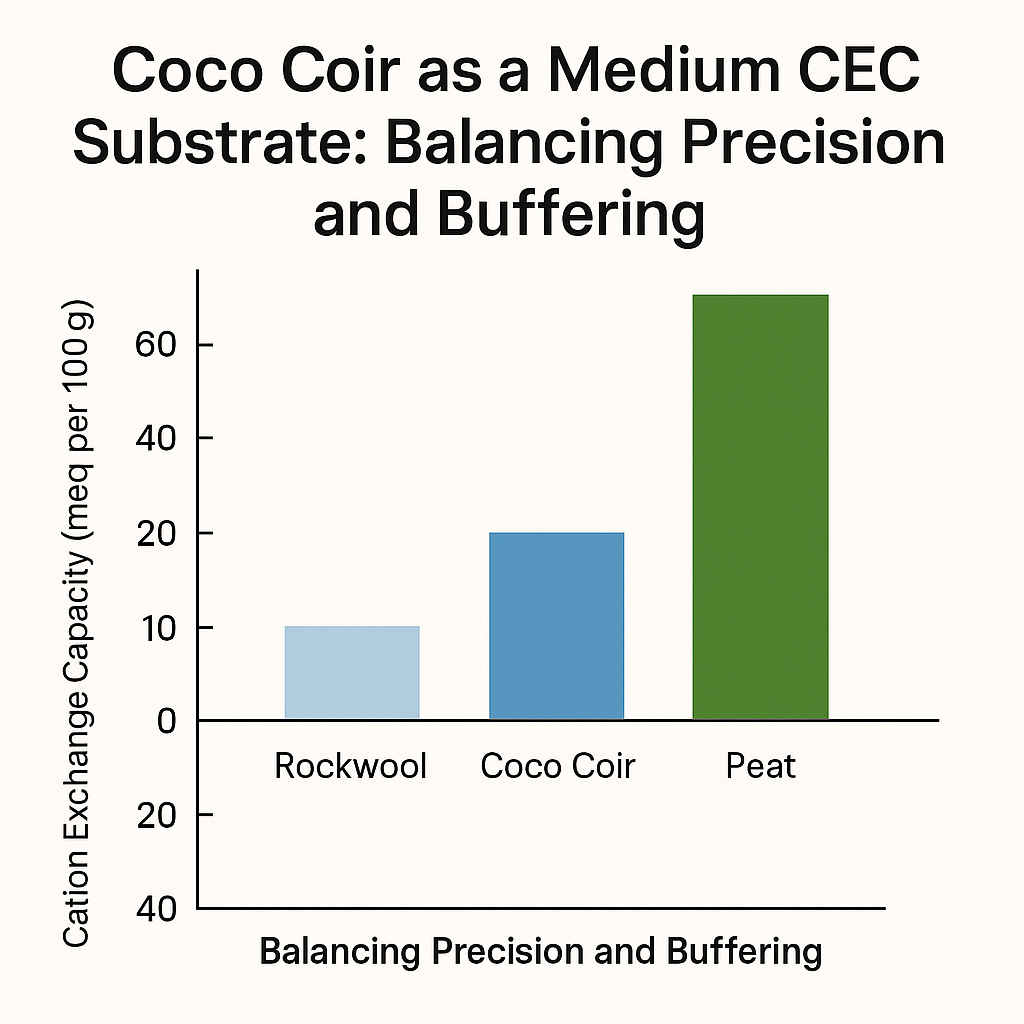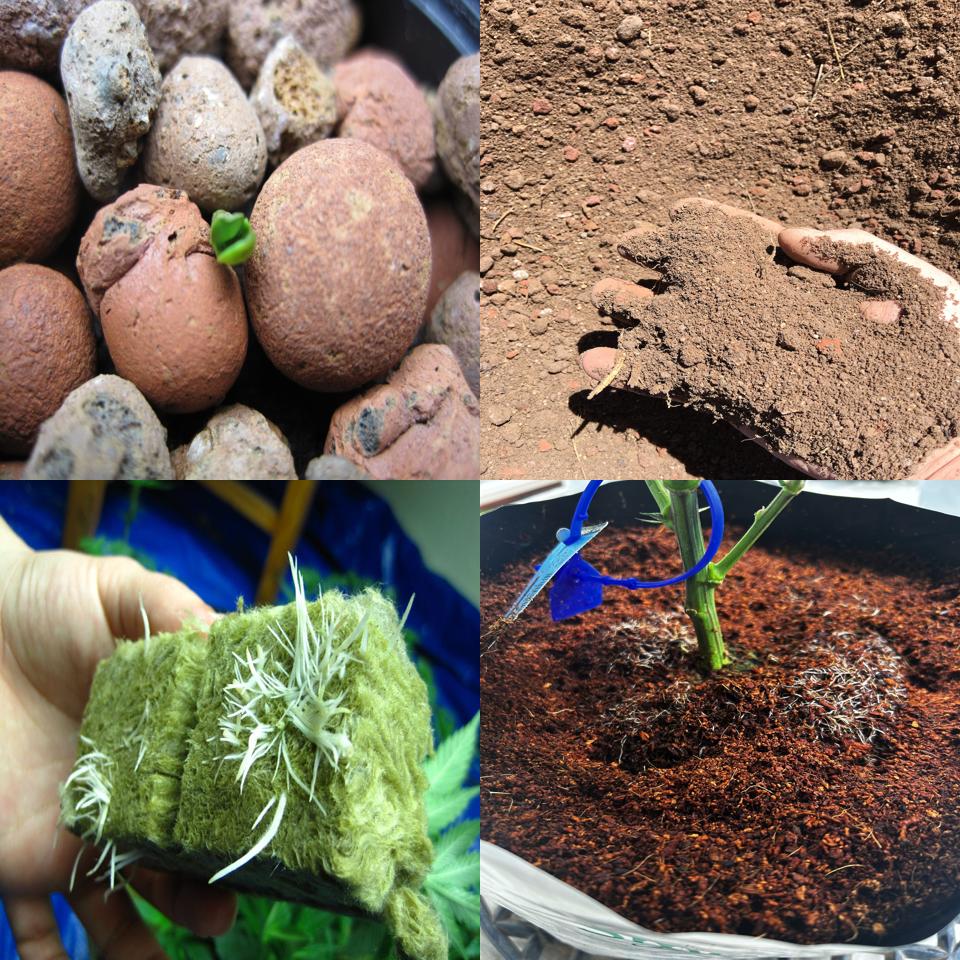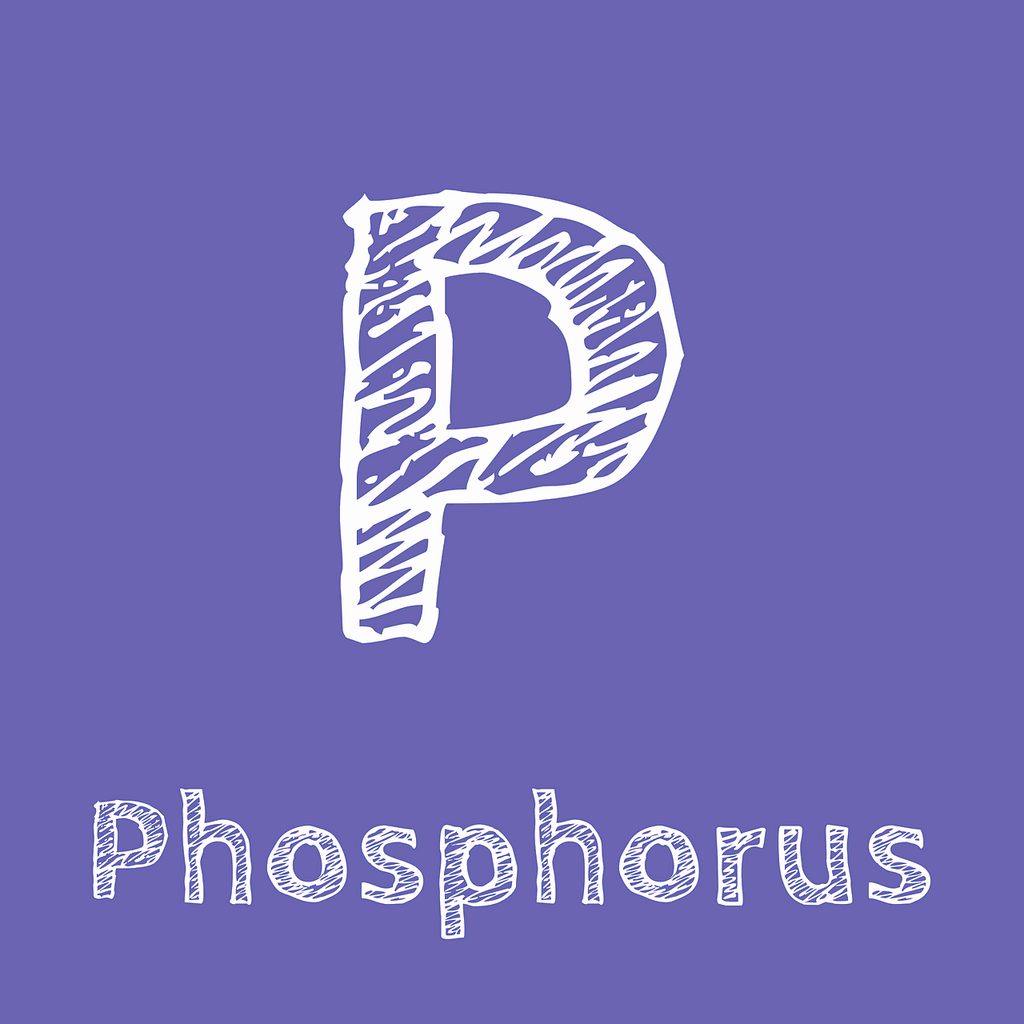Sidebar
Recent Articles
-
Coco Coir as a Medium-CEC Substrate: Balancing Precision and Buffering September 03, 2025
-
Best Practices: Charging/Buffering/Initial Feeds January 29, 2025
-
Comparing Different Growing Methods and Medias October 30, 2024
Subscribe & Follow
-
Coco Coir as a Medium-CEC Substrate: Balancing Precision and Buffering
by Chris Vaos onSelecting the right substrate is fundamental to crop success. Beyond physical properties such as water holding and porosity, the chemical behavior of a substrate determines how nutrients are stored, exchanged, and delivered to plants. A central property in this context is cation exchange capacity (CEC), which is the measure of how many positively charged ions a medium can adsorb and release. CEC is quantified... -
Best Practices: Charging/Buffering/Initial Feeds
by Chris Vaos on"Is your coco already buffered? Is it already charged? And what nutrients should you feed first?” We hear these questions all the time. The good news? Our coco is prepped and ready to go—setting your plants up for strong, healthy growth from day one. Starting with the right foundation makes all the difference, giving your plants the best chance to thrive. First, what do... -
Comparing Different Growing Methods and Medias
by Chris Vaos onIn today’s blog post, we will be discussing pros and cons of various growing methods and media types, as they apply to commercial production of high value horticultural crops. Although there are nearly infinite ways to grow plants, we will only focus on the more popular methods that are often employed by large scale operations and methods that are popular in today’s production environments.... -
Best Practices: pH Management in Coco Coir
by Chris Vaos onpH management in coco coir is easy and straightforward, compared to other growing substrates. Coco coir is naturally pH neutral, and has a similar cation and anion exchange, and will therefore maintain pH without an added buffer, even with strong acidic fertilizer solutions applied. Peat based substrates are naturally acidic and require chemical buffers, such as lime. And in order for those buffers... -
Dealing with Phosphorus “Lockout” in Coco Coir - Part 2
by Chris Vaos onGlobal Supply Phosphorus is found in small concentrations but wide distribution in the entire Earth’s crust. However, free phosphorus doesn’t exist on the Earth’s crust, due to it being highly reactive. Mined phosphate fertilizer reserves have been estimated to last at least until the year 2300, with 80% of the global phosphorus supply located in Morocco and Western Sahara. Due to recent global conflicts,...







